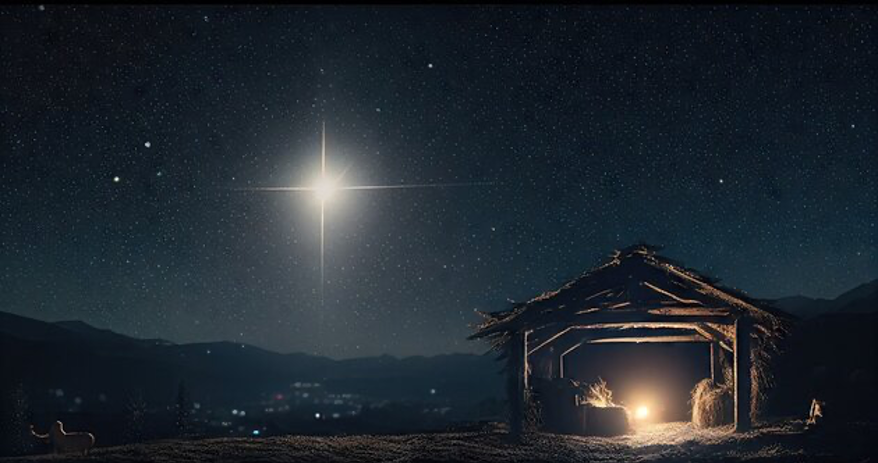What is an expression of the Kingdom? Why do we use that phrase?
We often limit God to the confines of the structures and programs we have created and deem sacred. We ask God to work through the formulas and traditions we are comfortable with, hoping He shows up within our initiatives and blesses our plans. In the end, we unknowingly maintain control.
Yet Scripture shows a God who invites us to join Him where He is at work. To be conduits of His presence and love to a hurting world. To cultivate expressions of the Kingdom, which can emerge like wildflowers in the most unlikely places.
A recent example is when Tatum and I led a team from Arma Dei Academy, our kids’ school nestled in the safe confines of suburban life.
Guatemala or Bust
Fourteen high school juniors board a plane to Guatemala City, most of whom had never seen pervasive poverty. Full of head knowledge regarding Jesus, they long to engage their hearts and make faith their own. Tatum and I had the privilege of setting the stage for them to encounter God in a fresh way. They had no clue what they were walking into or how God would work in and through them.
One Way Community
A dozen 20-something Guatemalans have chosen to serve the less fortunate with no clear mode of income through One Way Community. Pushed out of the church as teenagers, ironically at the same age as our team, they started serving breakfast to families at the local trash dump. Now, eight years later, they give water filters, install stoves, and build homes for families in two villages. They provide soccer training, tutoring, and fun afternoons for the kids through teams like us. They keep saying yes to God’s invitations and respond to the needs in front of them. They are the hands, feet, and voice of Jesus.
Tasting the Kingdom
As we partnered with the One Way staff, our team talked through the Lord’s Prayer every morning, pleading for God’s Kingdom to come. We challenged our students to look for expressions of the Kingdom as they interacted with the families and kids. And then become catalysts for creating those moments for others.
Their perspective changed. Their smiles when chasing the kids around captured the joy that can only be found in serving. They tasted what it was like to truly believe that our lives are not our own. They were inspired by the stories and hearts of the local staff. They were receipients of overwhelming generosity from people that had very little. They saw joy that can only be traced back to the heart of God.
“This was the best week of my entire life.” An authentic declaration by a 17-year-old after experiencing an expression of the Kingdom in the remote villages of Guatemala.
How does this relate to Theodyssey?
We could easily become a ministry focused on creating content, hosting events, and training small group leaders. We could be incredibly busy with good activities and not allow the Spirit of God to emerge.
How do we look for where God is at work and partner with Him? How do we stay agile as a community to cultivate expressions of the Kingdom in the nooks and crannies of culture? That is the invitation in front of us.



